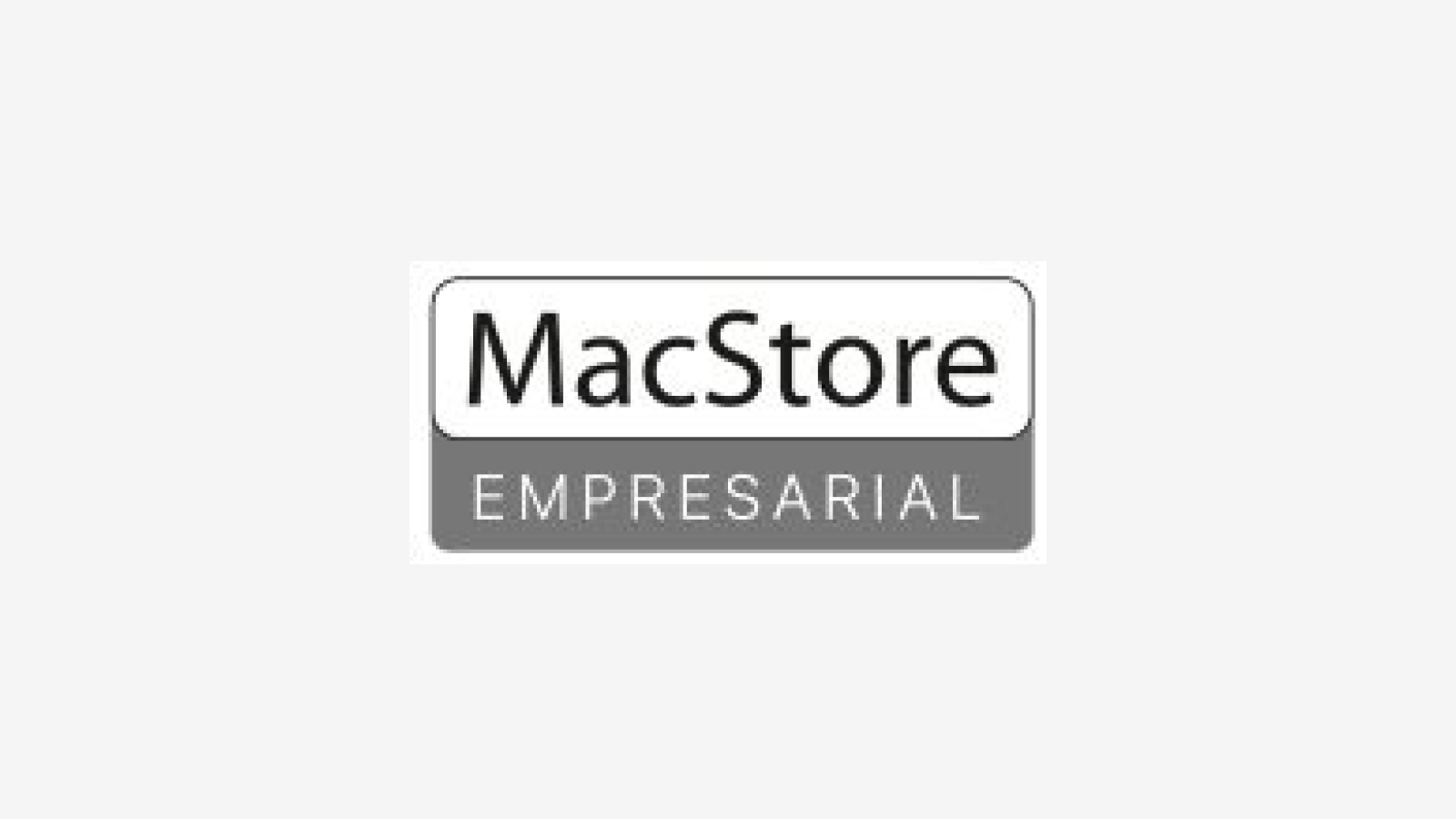Zoho vs. HubSpot: Which is the best CRM for your company?
Choosing the right customer relationship management (CRM) software for your business can be a challenging task, especially with so many options available on the market. Two of the most popular options are Zoho and HubSpot.
Both products offer a wide range of features and tools designed to improve the efficiency and productivity of your sales, marketing and customer service teams. However, there are key differences in aspects such as implementation, customer service quality and maintenance that can significantly influence your final decision.
We will look in detail at what each platform offers, compare features, and explore their advantages and disadvantages in terms of power, flexibility, ease of use, customization, and technical support. In the end, we hope this will help you get a clear picture of which CRM best suits your specific business needs.
What does HubSpot do?
HubSpot is a CRM that is cloud-based, designed to be customized to the specific needs of each business, while maintaining its simplicity. It offers integrated marketing, sales, content management and customer service applications, all developed to help growing businesses manage and expand more efficiently.
HubSpot's key features include:
- Marketing Hub: tools to attract, convert and delight leads through automated marketing campaigns.
- Sales Hub: functionality to manage the sales cycle, including lead tracking, task automation and performance analytics.
- Service Hub: solutions for providing high-quality customer support, including live chat, satisfaction surveys and ticket management.
- CMS Hub: platform for creating and managing SEO-optimized websites, with personalized content based on visitor behavior.
HubSpot's software is known for its ease of use, allowing companies to organize and grow without the need for specialized development teams. It also offers a cohesive user experience and seamless integration between all of its tools, ensuring efficient management and a better customer experience.
What does Zoho do?
Zoho is a CRM software specifically designed to meet the needs of small and medium-sized businesses (SMBs). Zoho CRM includes a wide range of features for sales and marketing automation, customer care, product configuration, reporting and customer data analysis.
Zoho's main features include:
- Sales automation: tools to automate sales processes, including lead tracking, contact management and sales forecasting.
- Marketing automation: capabilities to create and manage multi-channel marketing campaigns, including email, social media and event-based marketing.
- Customer support: integrated help desk to manage tickets, troubleshoot issues and improve customer satisfaction.
- Product configuration: tools to manage inventory, configure products and generate quotes.
- Analytics and reporting: ability to analyze customer data and generate detailed reports on sales performance and marketing campaigns.
Zoho CRM is known for its flexibility and customization, allowing companies to tailor the system to their specific needs. However, it may require more work in initial setup and ongoing maintenance to avoid problems, which can be a disadvantage for some companies.
Features between HubSpot and Zoho CRM
Check out this table with the main differences and similarities between HubSpot and Zoho CRM, helping you to identify which platform best suits your business needs.
|
Feature |
HubSpot CRM |
Zoho CRM |
|
Ease of use |
Intuitive and easy-to-use interface |
Requires more initial setup and maintenance |
|
Marketing automation |
Yes, integrated with Marketing Hub |
Yes, but requires configuration and can be more complex |
|
Sales Automation |
Yes, integrated with Sales Hub |
Yes, includes advanced automation features |
|
Customer Support |
Integrated with Service Hub, free support in Pro and Enterprise packages |
Help Desk, support often requires additional payment |
|
Content management |
Integrated CMS Hub to create and manage websites |
Not integrated, requires additional tools |
|
Customization |
Highly customizable with custom objects |
Customizable, but can be complex and time consuming |
|
Integrations |
Extensive ecosystem of more than 875 applications and certified Solutions Partners |
Integrations available, but may require additional configurations |
|
Pricing |
Affordable with free and paid options |
Varies, often requiring additional fees for support and advanced features |
|
Customer Support |
High level of support, free assistance for Pro and Enterprise users |
Limited support, better assistance requires additional fees |
|
User experience |
Seamless and cohesive across all hubs |
Varies between applications, can cause friction |
|
Deployment |
Quick and easy, with HubSpot Academy support |
More labor-intensive, may require more time and resources |
|
Flexibility |
High flexibility with ease of use |
Flexible, but more complex to configure |
|
Reporting and analytics |
Powerful reporting and automation tools |
Advanced analysis tools, but less integrated |
Choosing the ideal CRM depends largely on your company's specific needs. Zoho and HubSpot are robust options that offer a variety of features designed to improve customer relationship management and streamline sales and marketing processes. However, if you're looking for a solution that combines ease of use, powerful integrations and a complete set of marketing, sales and customer service tools, HubSpot is an option that delivers on all of these features and more.



